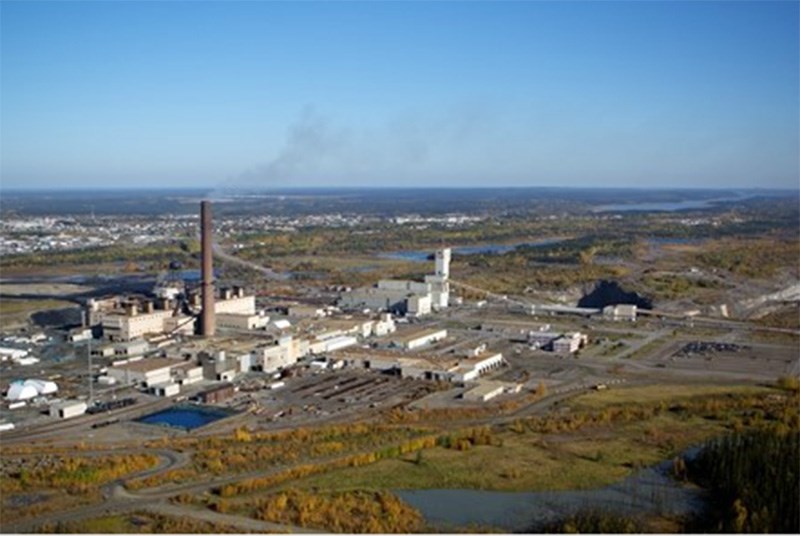Last week’s announcement that Vale Manitoba Operations is spending $150 million on the first phase of a mine extension and exploration project in Thompson is good news, even if it won’t have much effect on the size of the local workforce.
The money being spent to construct a new ventilation raise, extend power distribution underground and increase backfill capacity so that mined areas can be filled in and mining start in new areas faster will go mostly to contractors, Manitoba Operations general manager Gary Annett told the Thompson Chamber of Commerce June 30, but will also extend the mine life by 10 years and result in up to 30 per cent more production. That provides stability to the people who survived the job-shedding of the past few years at Vale and, perhaps, the possibility of more jobs down the road if nickel prices take off in concert with electric vehicle production and sales.
The investment isn’t as big as it could have been. A few years ago, then-Manitoba Operations manager Gary Eyres was telling the chamber that the company could spend up to a billion if it wanted to really boost production capacity and mine life and likely turn a long-term profit doing so. But this is only phase one of the project. The first phase proceeding doesn’t mean that the second one will, but it does mean it remains a possibility. Without a phase one, phase two would be off the table.
It is unfortunate for everyone who got laid off or took early retirement, some just four weeks before the extension announcement, that they had to lose their jobs before this announcement. But in Vale’s telling of the tale, losing those jobs and the costs associated with them, including salaries and benefits and pension obligations, was essential to this extension getting announced. If costs weren’t lowered and productivity boosted to levels where executives saw profitability as a possibility, mining in Thompson could well be headed in the other direction, as it has in so many other Northern Manitoba communities.
There will never be a smelter and refinery in Thompson again, it appears, making the likelihood of an electric vehicle battery production plant in the area essentially zero. And, given that it has so drastically reduced its local workforce over the last several years, the company will likely be asking for a similarly drastic reduction in its grant-in-lieu payments, provided to the city in place of property tax, for the next few during ongoing negations. And it will get that reduction, because the city has essentially no bargaining power. So things are not going to be hunky-dory from here forward, but a little more stable than they have been over the past few years, which is a good thing for everyone who works and lives in Thompson.



